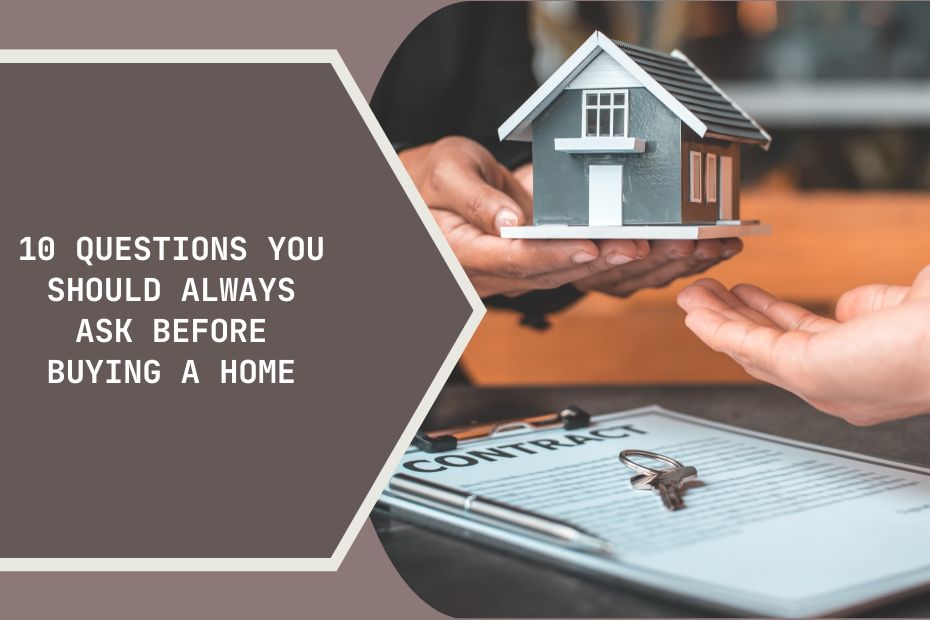
Selling a house is a significant decision — one that comes with numerous questions. Whether you’re relocating to a new area, upgrading to a larger property, or facing financial challenges, it’s normal to feel uncertain. Before you list your house, it’s essential to understand the selling process, timeline, and potential costs. This guide will address the most common questions homeowners have before selling, providing clarity and helping you feel confident as you navigate the journey.
What Should I Know Before Selling My House?
Understanding your selling options is crucial. You can either list your property with a real estate agent, sell it independently, or opt for a cash sale. Each of these options has its advantages, depending on your priorities such as speed, ease, or achieving the highest sale price. It’s important to weigh these options and choose the one that best suits your situation. Whether you’re selling a home in a competitive market or looking for a fast sale, knowing your choices helps you plan accordingly.
Do I Need a Real Estate Agent?
Hiring a real estate agent can simplify the selling process, especially if you’re not familiar with the real estate market or the paperwork involved. Real estate agents bring expertise in pricing, marketing, and negotiating, which can lead to a smoother sale. However, you may prefer to sell without an agent to avoid commission fees and have more control over negotiations. Some homeowners also opt to sell directly to buyers or investors, which can eliminate the need for an agent.
Should I Make Repairs Before Listing My Home?
Deciding whether to make repairs before listing your property depends on your goals and budget. If you aim to maximize the sale price, making necessary repairs or upgrades could significantly increase the value of your home. However, if you’re looking to sell quickly or without additional expenses, selling the house “as-is” might be a better option. Keep in mind that an “as-is” sale may limit your asking price or attract fewer buyers, so it’s essential to assess your priorities before making this decision.
How Do I Know What My House is Worth?
The value of your home is influenced by various factors including its location, size, condition, and the overall real estate market. To estimate your home’s value, you can use online valuation tools, consult a real estate agent, or hire a professional appraiser. Having a clear understanding of your home’s worth helps you set a competitive listing price and manage expectations throughout the selling process.
How Long Will It Take to Sell My House?
The time it takes to sell a home can vary widely based on your selling method, market conditions, and the specifics of your property. Traditional sales through an agent may take weeks or even months, depending on the buyer’s financing, negotiations, and your home’s condition. If you choose to sell for cash or accept a direct offer, you could close the deal in a matter of days. The overall timeline may also be impacted by necessary repairs, paperwork, or title issues.
Are There Any Costs Involved in Selling a Home?
Yes, there are several costs associated with selling a house. These can include agent commissions, repair or renovation costs, closing fees, and expenses for staging or cleaning. However, some selling methods, like a direct sale or a cash offer, may allow you to avoid some of these costs. It’s essential to factor in these expenses when determining how much you stand to make from the sale.
What Paperwork is Required to Sell a House?
The paperwork involved in selling a house includes various legal documents and disclosures. You’ll need to provide proof of ownership (the deed), property disclosures, a purchase agreement, and a settlement statement. Additional paperwork may be required depending on how you’re selling your property and local regulations. It’s important to have all the necessary documentation ready to avoid delays during the closing process.
Can I Sell My House With a Mortgage Still on It?
Yes, you can sell a home that still has an outstanding mortgage. The mortgage balance will be paid off from the proceeds of the sale at the closing. If the sale price exceeds the remaining mortgage balance, the difference is yours. However, if the sale price is less than the amount owed, you may need to negotiate a short sale with your lender. It’s important to understand how your mortgage balance will impact the sale and your financial situation.
Do I Have to Pay Taxes When Selling My House?
You may be required to pay taxes on the sale of your home, particularly if you’ve made a significant profit. Capital gains tax could apply if your home has appreciated in value. However, many homeowners can benefit from tax exemptions, especially if the home was their primary residence for a specified period. The tax implications vary depending on the sale amount and other factors, so consulting with a tax professional is recommended to ensure you’re aware of any potential liabilities.
What Happens After I Accept an Offer?
After accepting an offer on your property, the closing process begins. This involves several steps, including a title check, the preparation of final paperwork, and setting a closing date. The process may take anywhere from a few days to several weeks, depending on the buyer’s financing and the specific details of the sale. Once everything is finalized, the property will officially change hands, and you’ll receive the proceeds from the sale.




